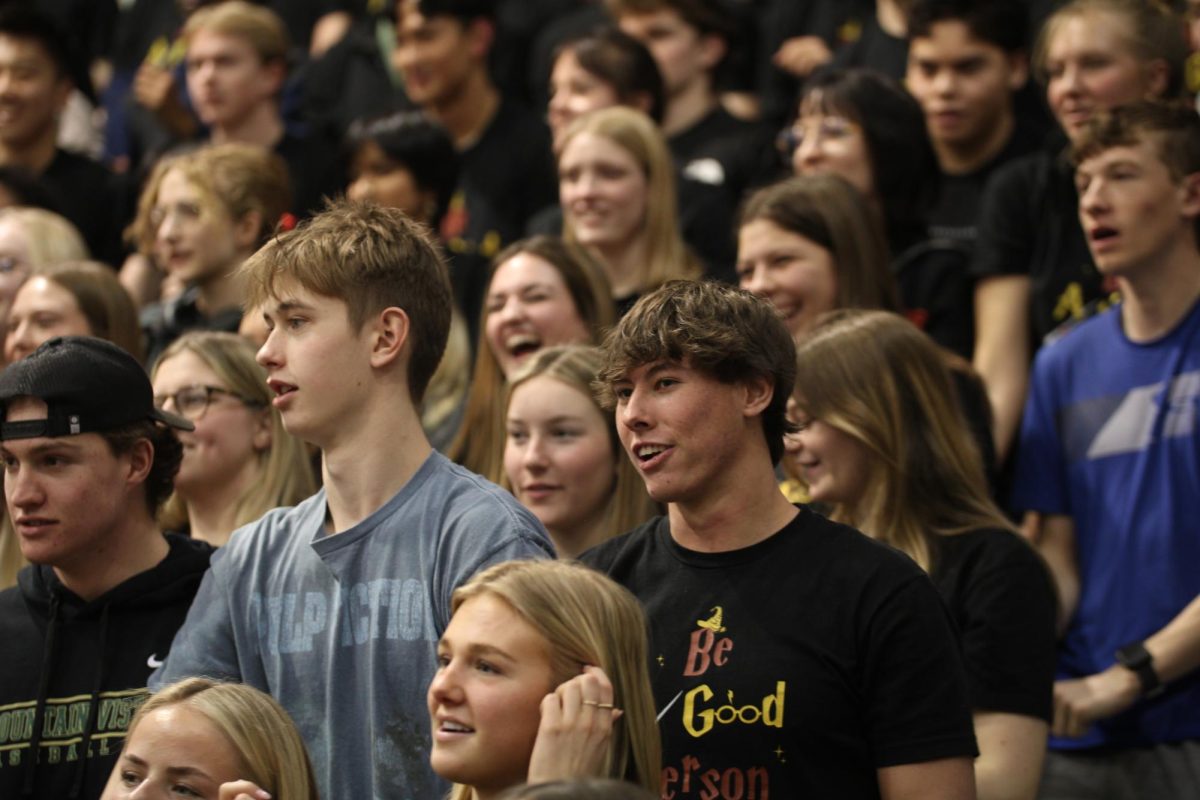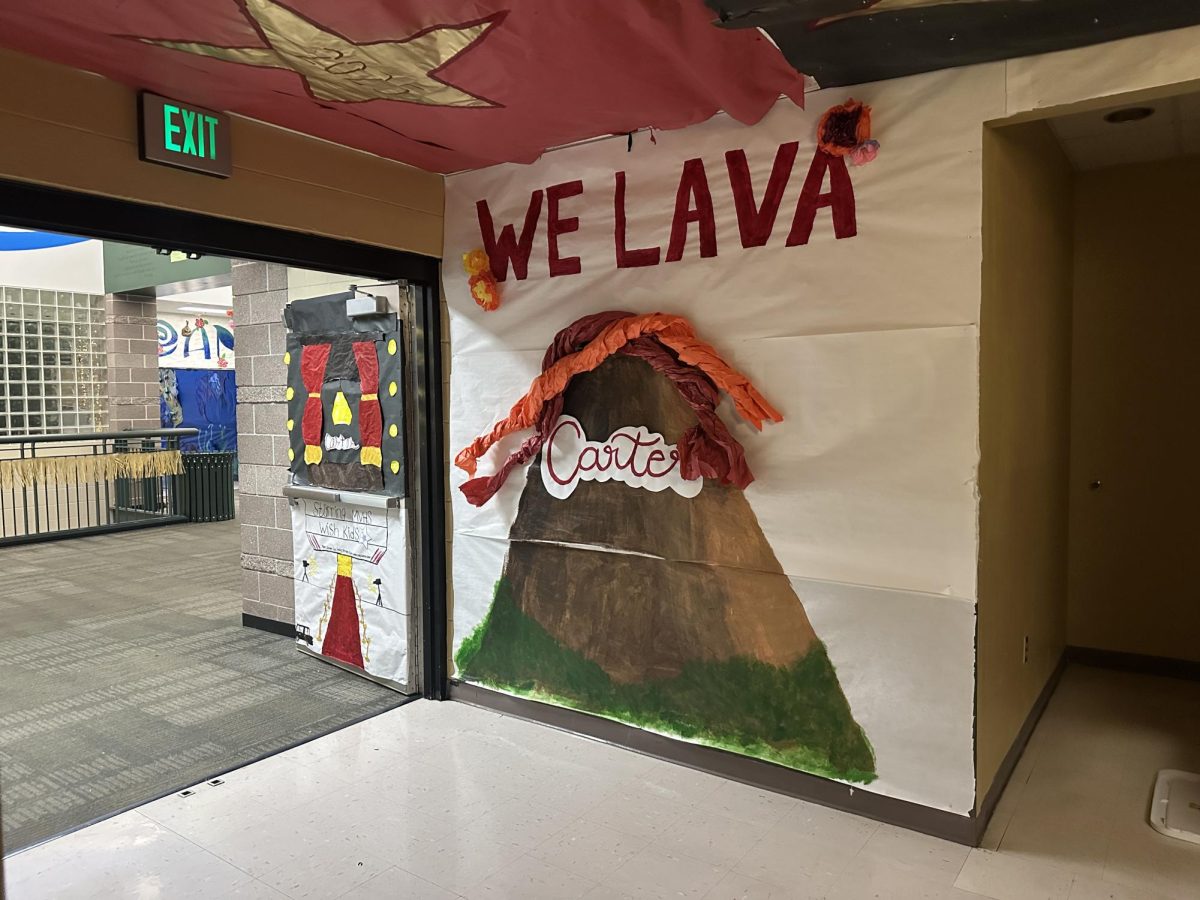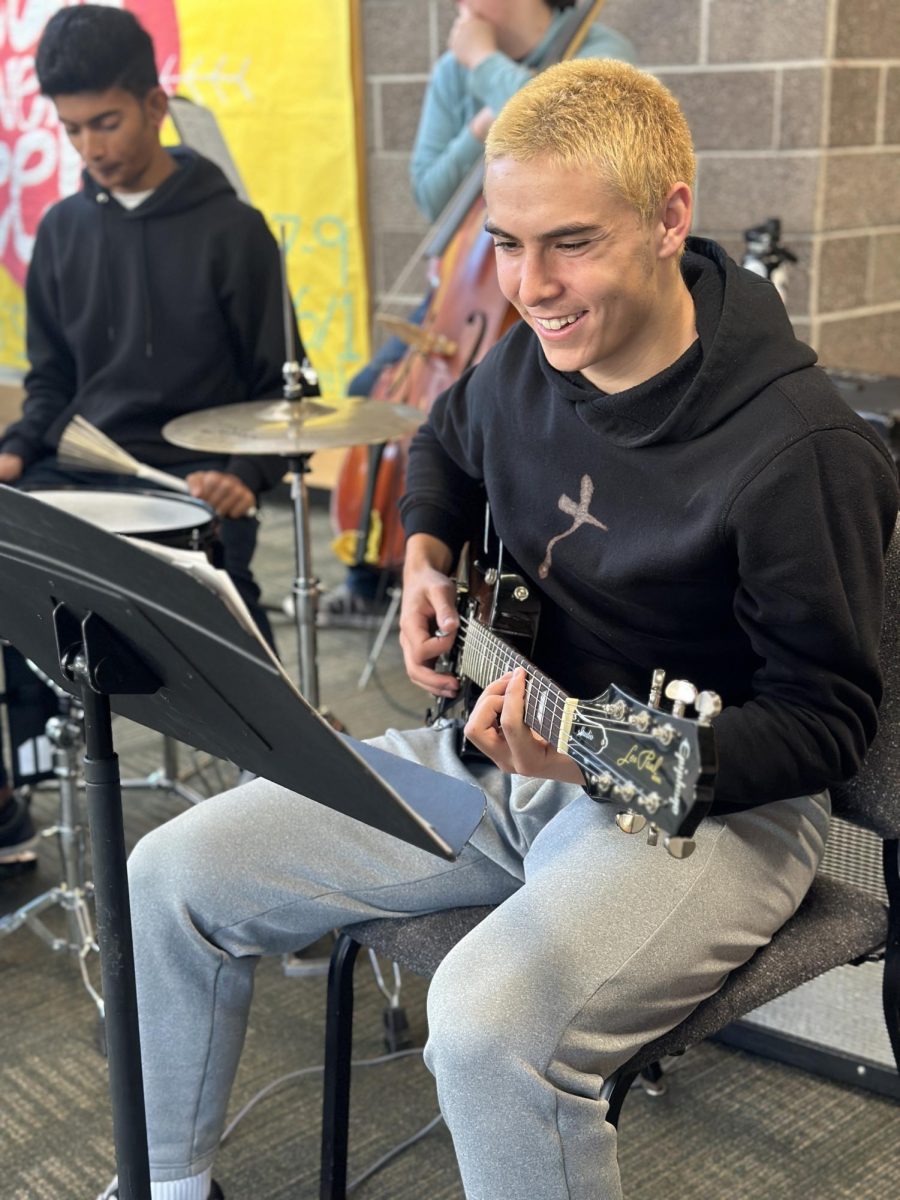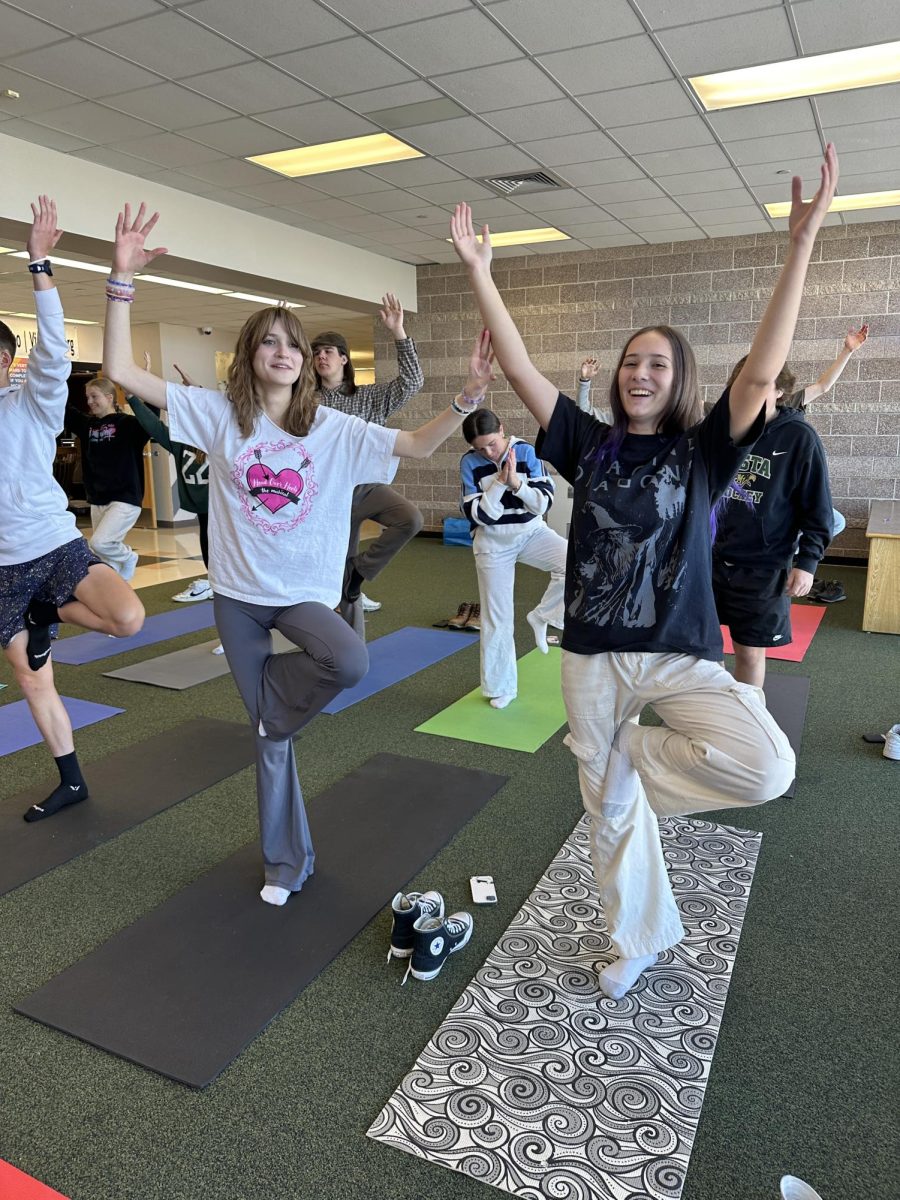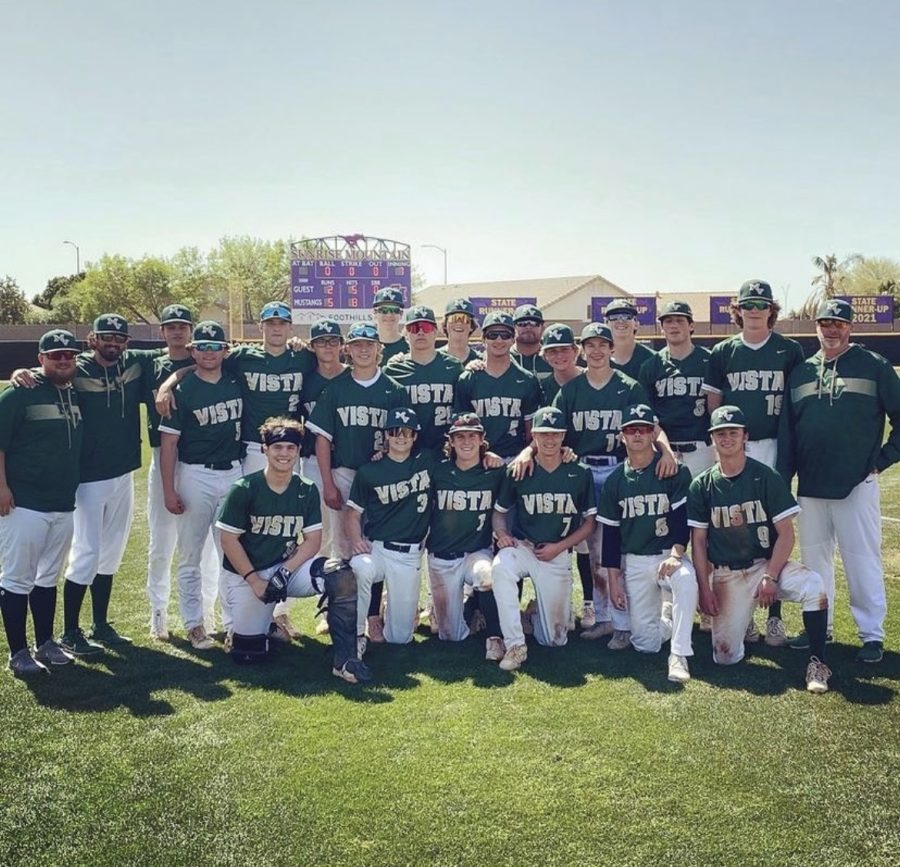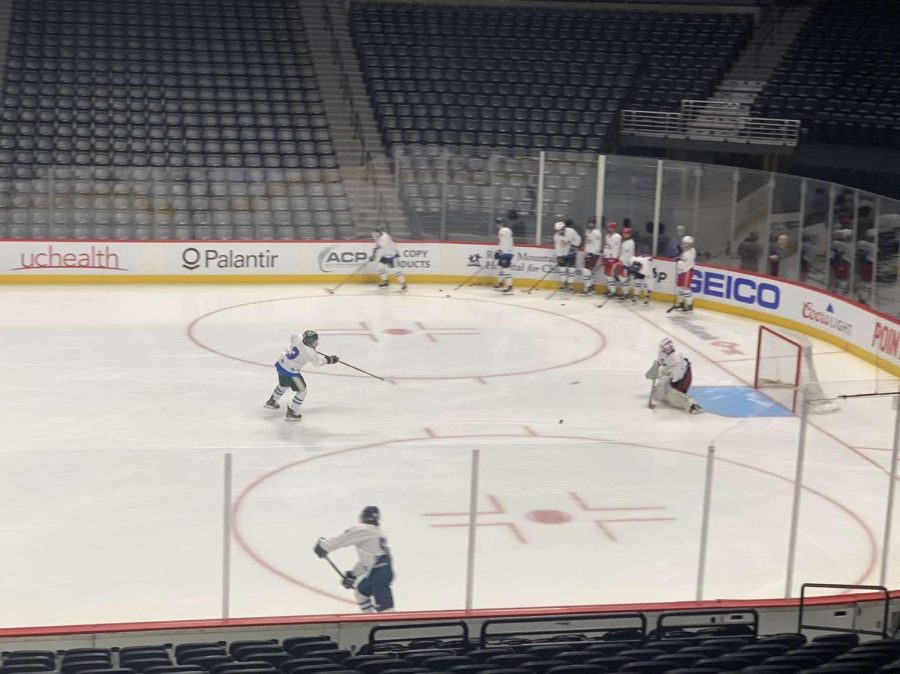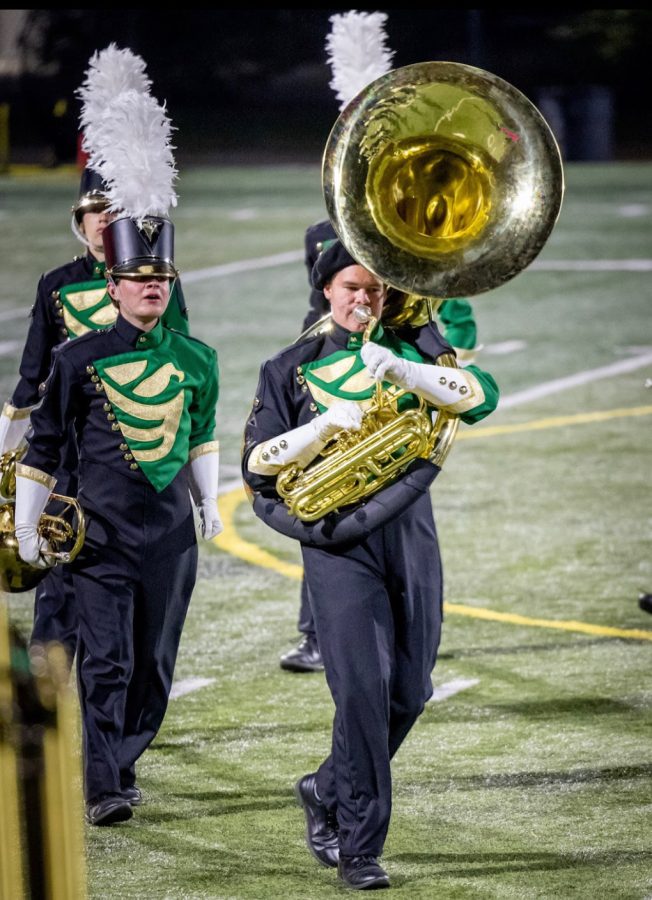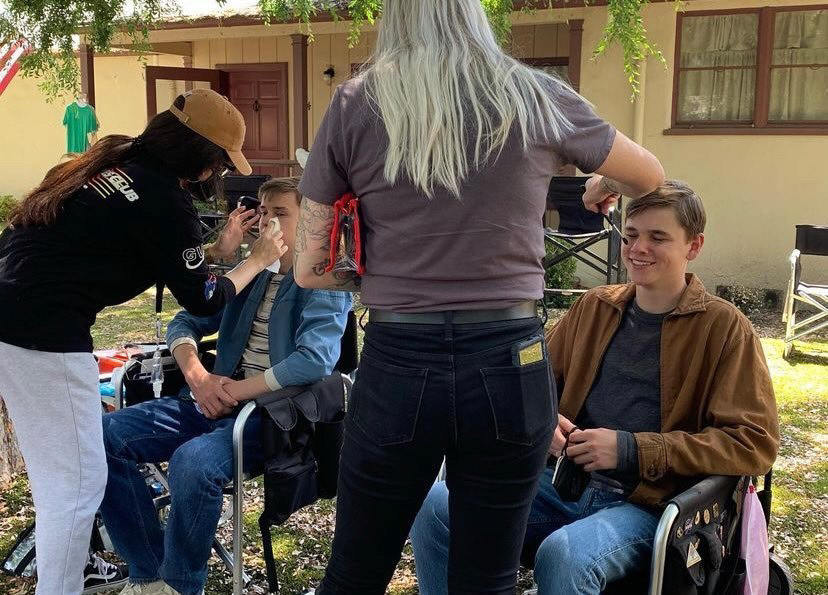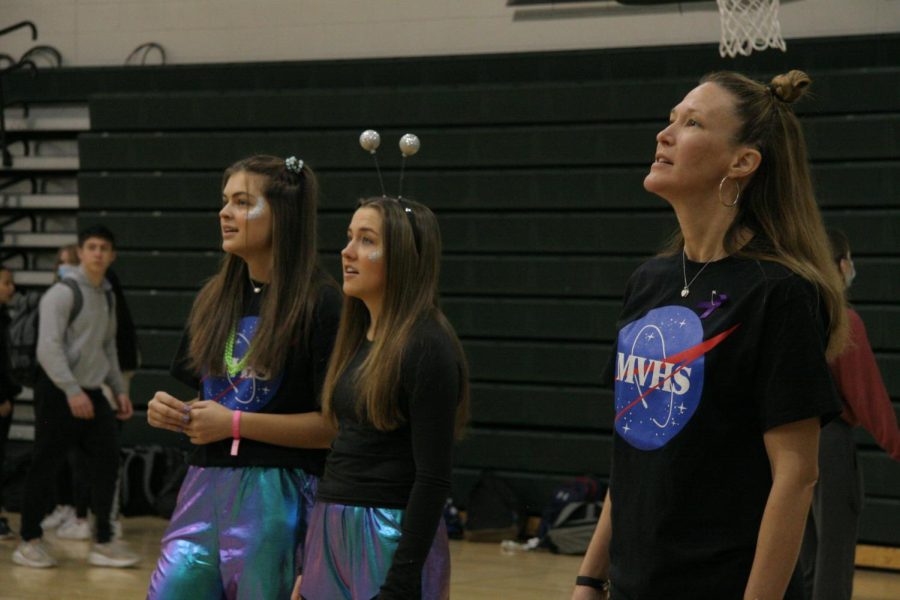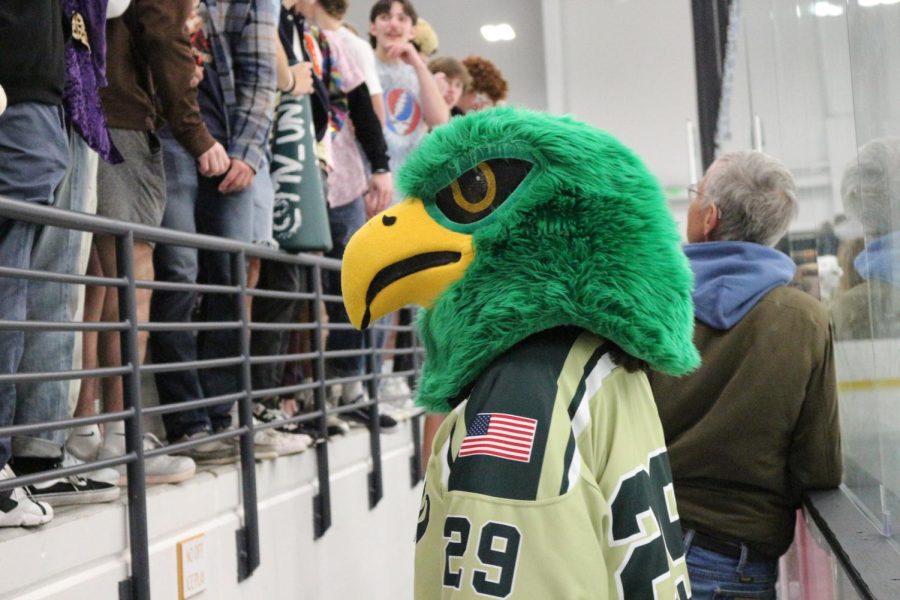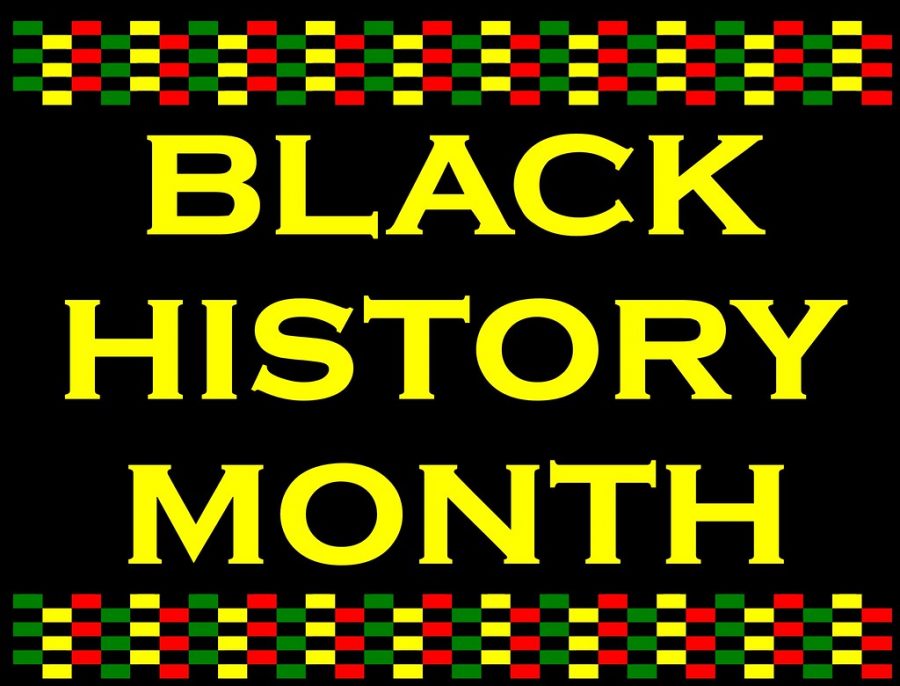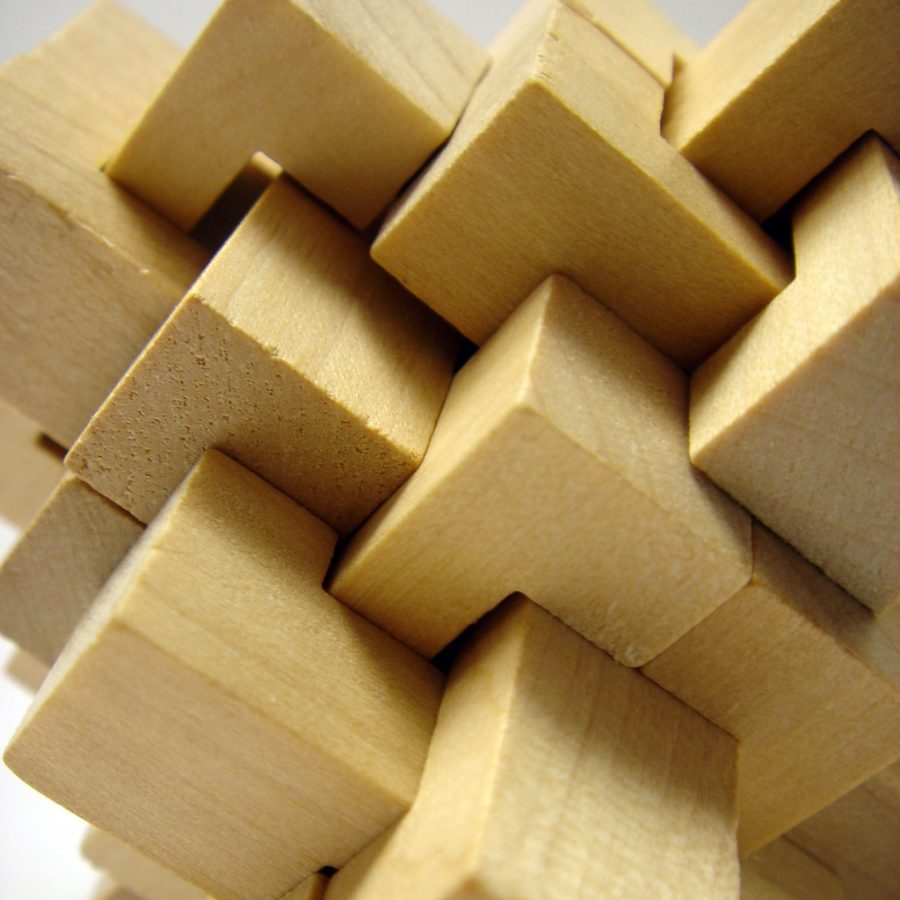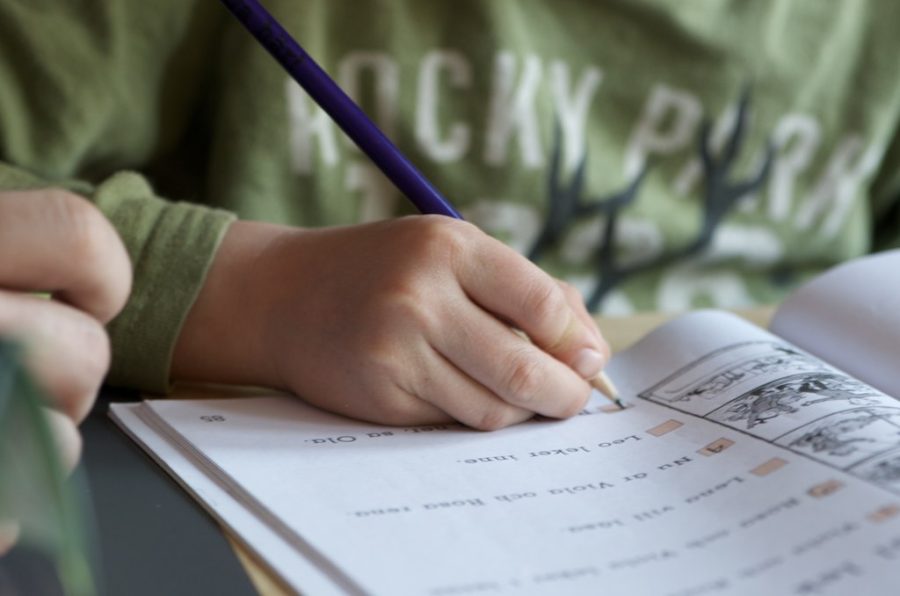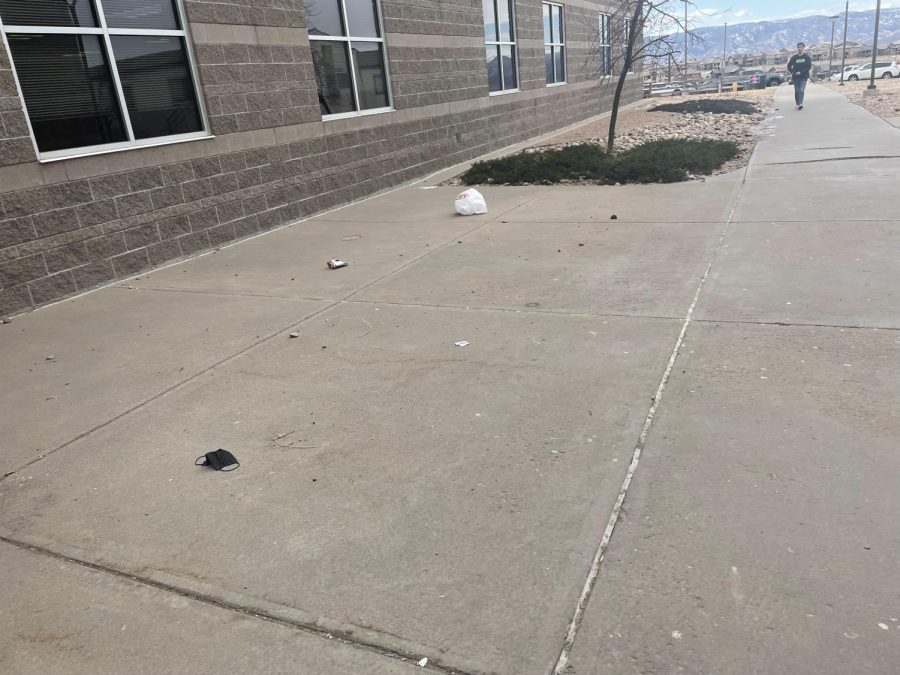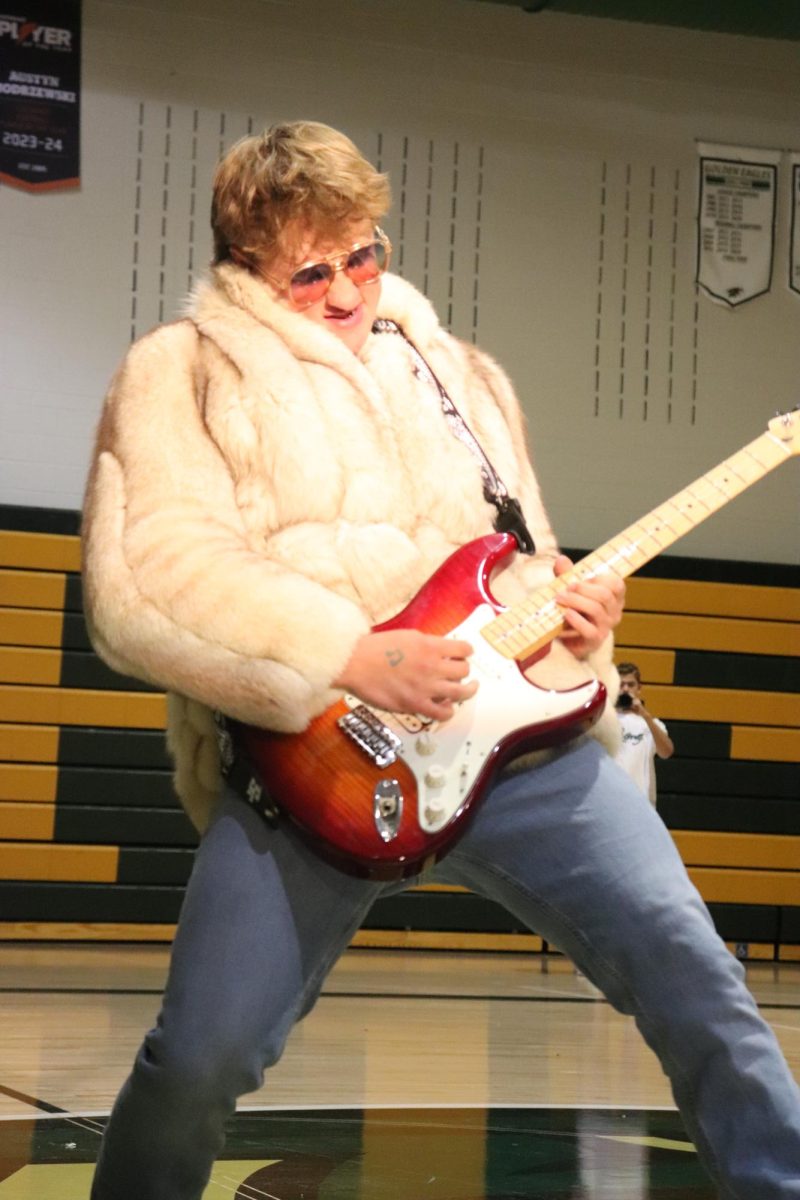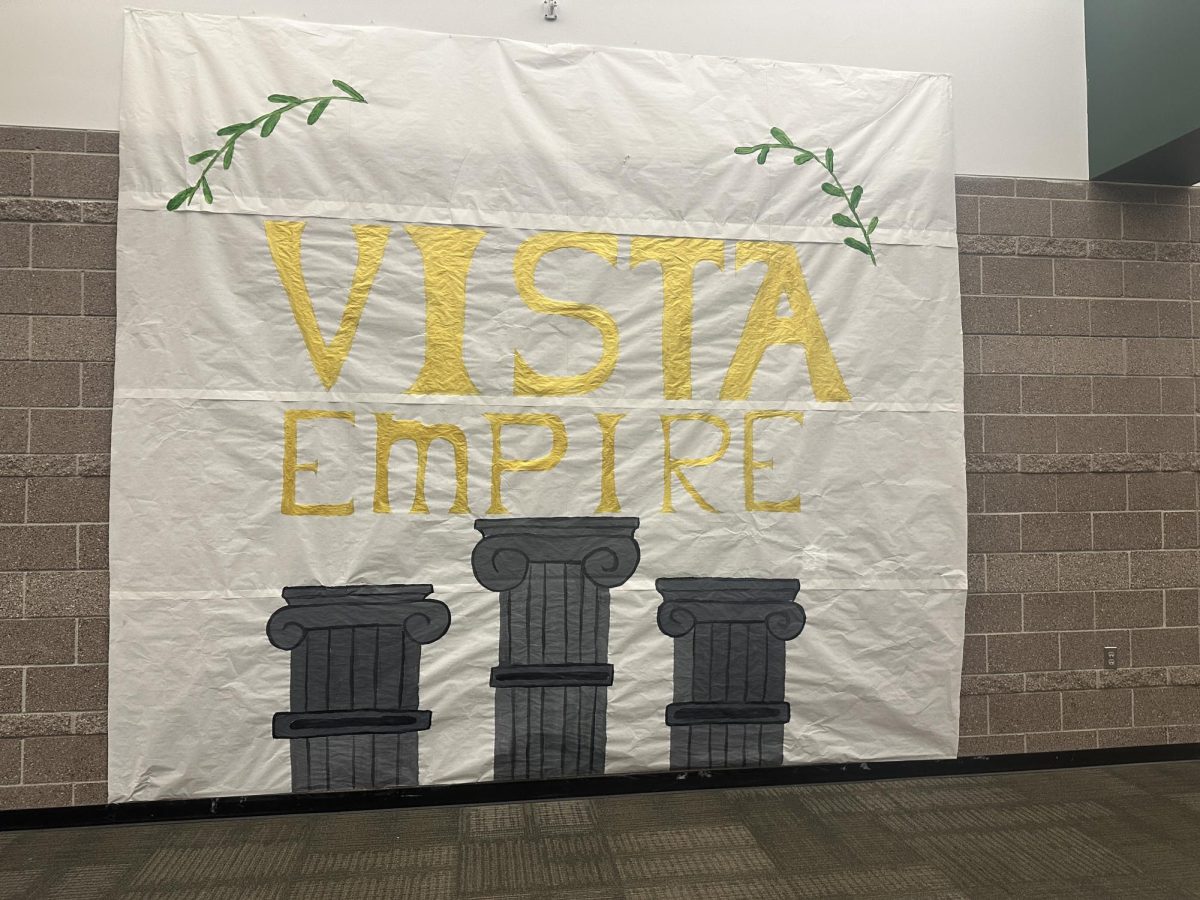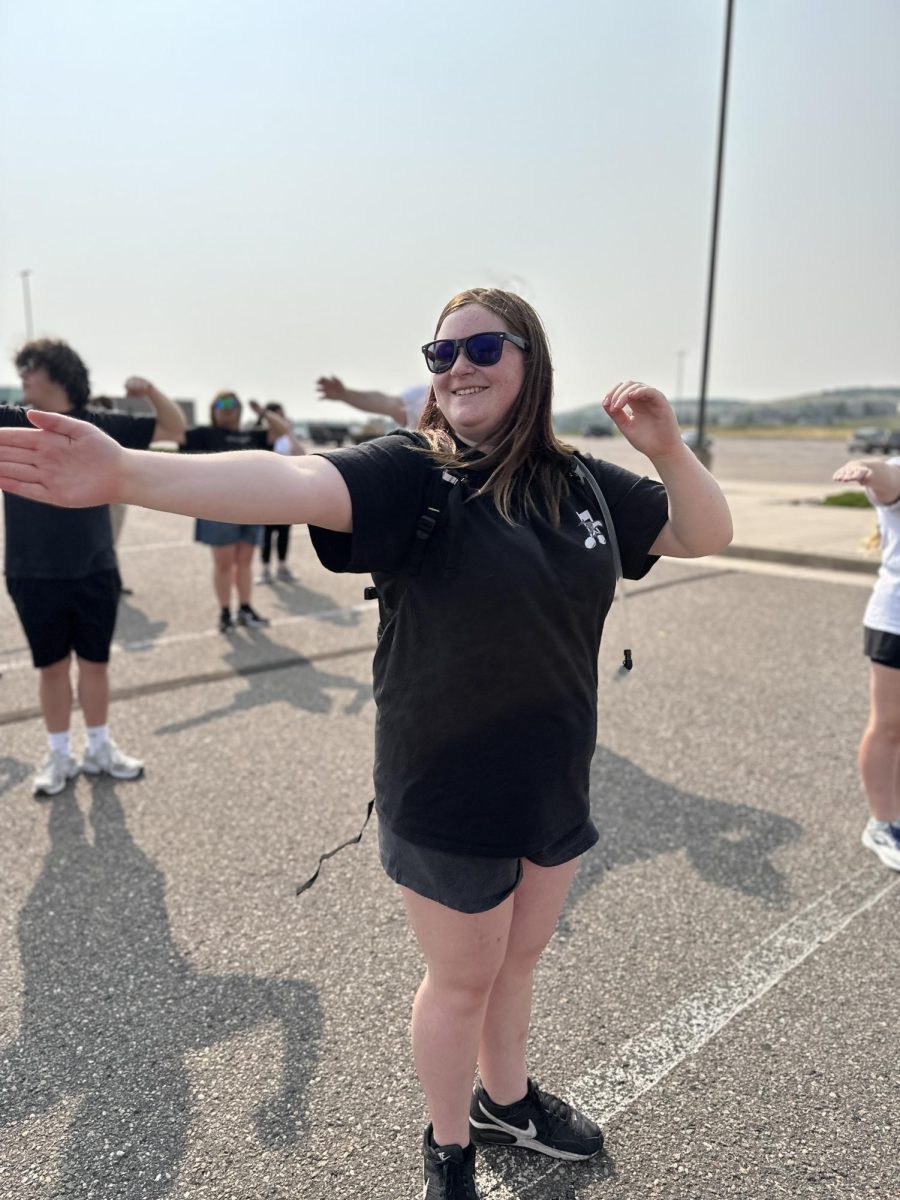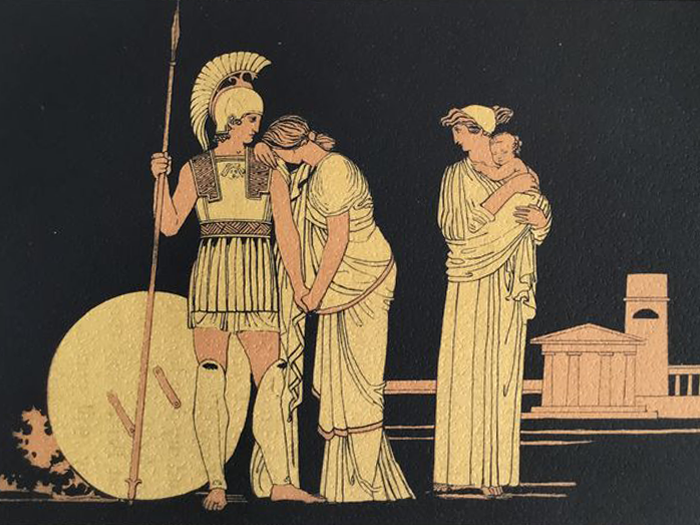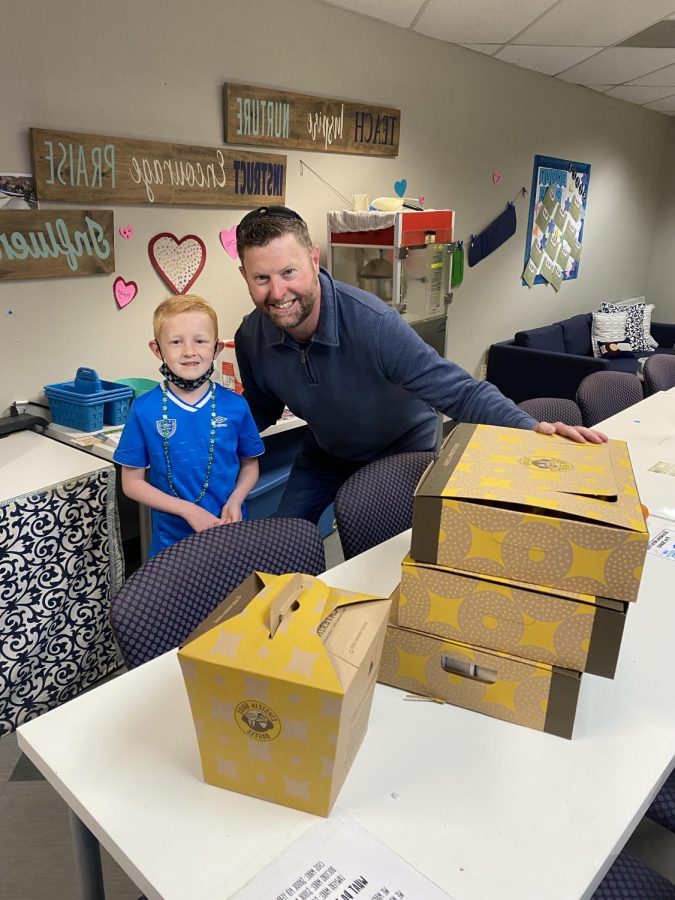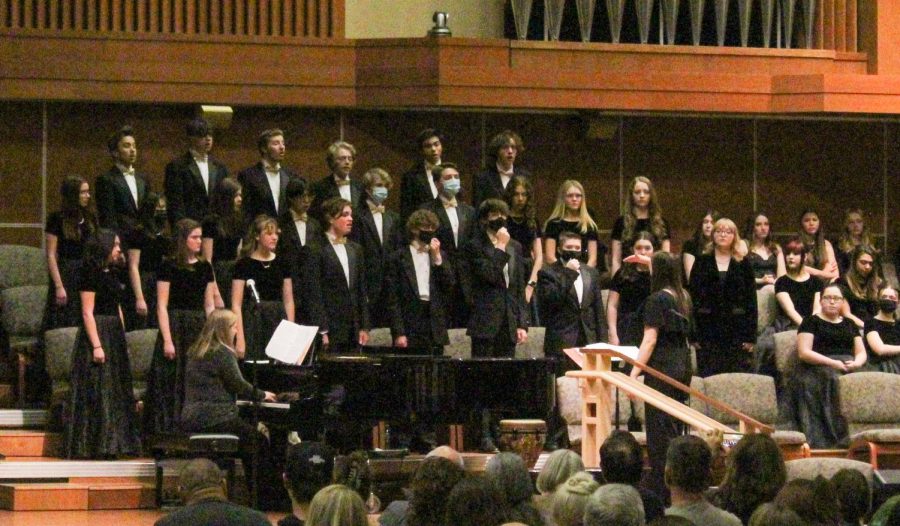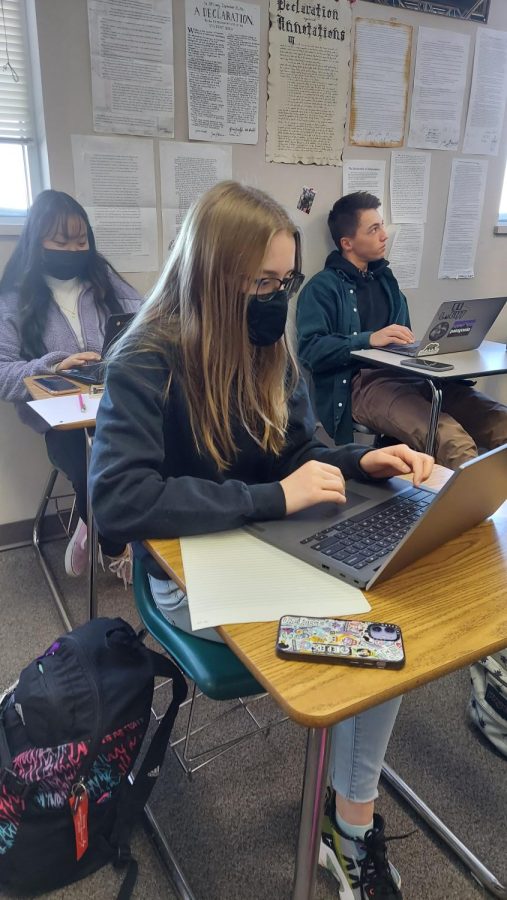KIT MILLER
Studying math in high school is a lot different than studying in elementary or middle school. It’s not just about memorizing formulas anymore, it’s about recognizing when and how to use formulas, making connections and applying them to real life situations. For some students, myself included, making the adjustment is hard. Through a lot of trial and error, here are four study methods that have worked well for me.
For Those who Have Time
Rule of 3: Ask your teacher to show you how to do a hard problem you’ve been struggling with and take really good notes. Then go back and do it three times yourself. Follow the problem step-by-step the first time through. The second time through, break the problem into small sections and try to do each section without your notes. Check your work at the end of each section. For the third time through try to do the entire problem without your notes. The best problems to do this with are test questions.
Work out of other textbooks: Math textbooks usually aren’t very original in which problems they have, but they often explain how to do certain problems differently. A second method of doing things might help. Also, they give you more practice with types of problems you may be struggling with.
For Those who Don’t Have Time
Study chronologically: Math is a great subject because it builds on itself. If you’re struggling to understand something, go back to older lessons and reinforce your foundations. For harder math classes, like Trigonometry and Calculus, it’s often not the new math that confuses students but the algebra. Understanding algebra becomes more and more important the harder the math class becomes. Studying chronologically will help you find where the disconnect is.
Connect to real-life situations that mean something to you: Connecting math to your life is one of the best things you can do on a tight schedule. Pulling in other interests while studying math makes it a lot more bearable. For me, as someone who likes poetry, I think of Sine and Cosine waves as haikus; they rise and fall in number of syllables. Other interests that work well with math are sports, science and art.


